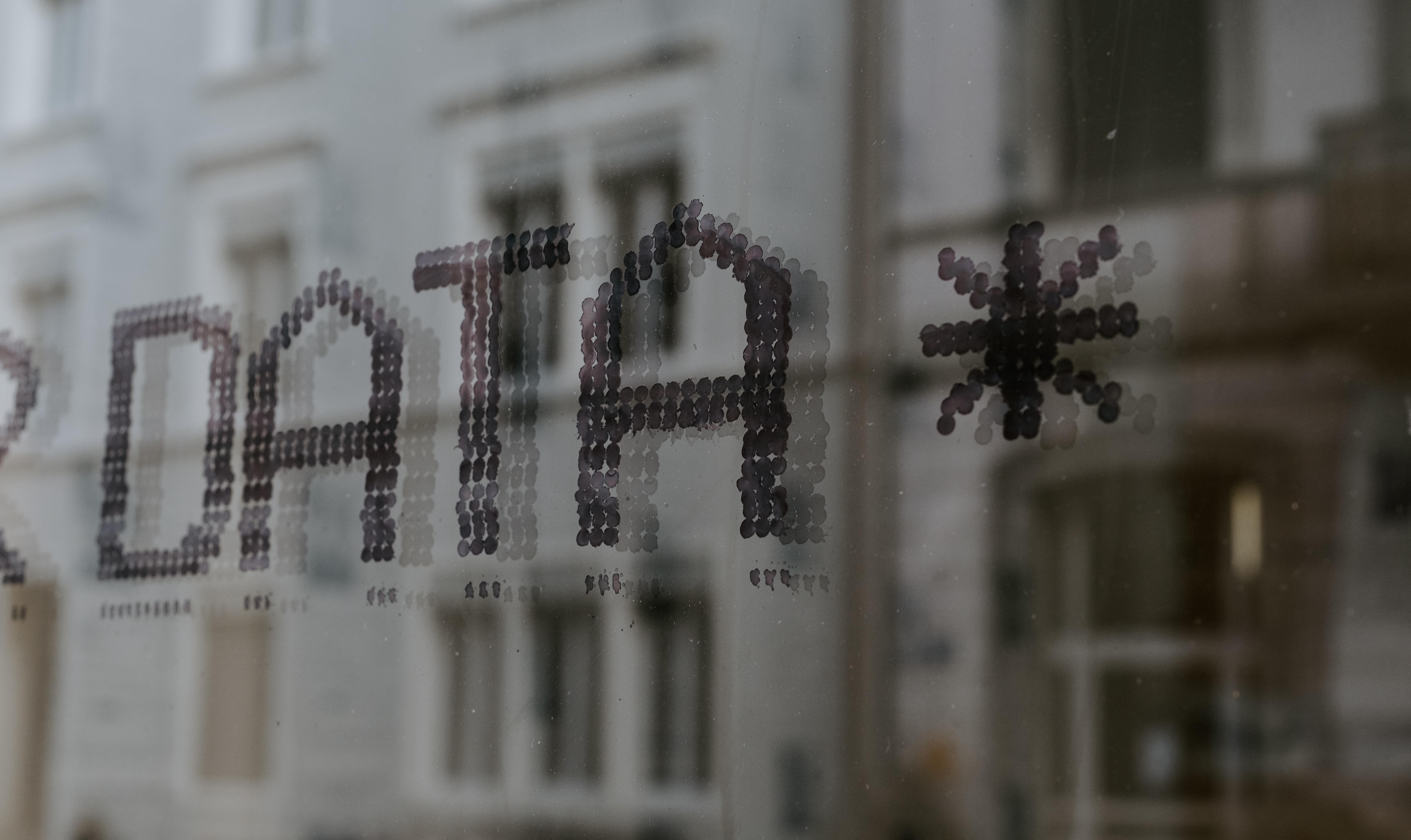In today’s digital age, businesses need a secure way to share files and data with their partners, customers, and employees. Virtual data rooms (VDRs) provide a secure platform for businesses to share files and data with confidence, knowing that their sensitive information is protected.
How do VDRs ensure secure file sharing?
VDRs use a variety of security measures to ensure that files and data shared in their platform are secure. These measures include:
Encryption
VDRs use state-of-the-art encryption algorithms that guarantee the utmost protection for files and data, shielding them from any potential unauthorized access. By employing robust encryption techniques, such as AES-256, VDRs ensure that sensitive information remains secure at all times. This level of encryption is widely recognized as the gold standard in the cybersecurity industry, offering an impenetrable barrier against any malicious attempts to compromise data integrity.
Access controls
VDRs offer businesses the flexibility to define granular access controls for their users, groups, and roles, ensuring that only authorized individuals have access to specific files and data. This level of control allows businesses to tailor their security settings to align with their unique requirements and organizational structure.
Audit Reports
VDRs keep a detailed and comprehensive record of all user activity, allowing businesses to effectively track down any instances of unauthorized access. These audit reports provide a valuable tool for security teams, enabling them to identify any suspicious or unusual behavior and take immediate action to mitigate any potential risks. This level of visibility and control further enhances the security measures provided by VDRs, giving businesses peace of mind knowing that their confidential information is being closely monitored and protected.
Watermarking
Watermarking is a valuable feature provided by Virtual Data Rooms (VDRs) that adds an extra layer of security to files and data shared within the platform. With the ability to watermark files, businesses can effectively deter unauthorized copying or distribution of their sensitive information.
Physical security
VDRs are hosted in secure data centers with physical security measures in place, providing an additional layer of protection for businesses’ sensitive information. These data centers are equipped with state-of-the-art security features such as 24/7 surveillance, biometric access controls, and fire suppression systems. This ensures that the physical infrastructure housing the VDRs is safeguarded against any potential threats or breaches.
How do VDRs ensure data encryption?
VDRs use a variety of encryption techniques to ensure that data is encrypted before it is stored or transmitted. These techniques include:
ISO 27001
SSL/TLS
SSL/TLS is a secure protocol that is used to encrypt data when it is transmitted over the internet. VDRs use SSL/TLS to encrypt all data that is transmitted between their servers and users’ browsers.
HTTPS
HTTPS is a secure version of HTTP that uses SSL/TLS to encrypt data. VDRs use HTTPS to ensure that all data that is transmitted between their servers and users’ browsers is encrypted.
The benefits of using a VDR for secure file sharing and data encryption
There are a number of benefits to using a VDR for secure file sharing and data encryption. These benefits include
Increased security
VDRs offer a high level of security for sensitive information. This is because VDRs use a variety of security measures to protect their data, including encryption, access controls, and audit reports.
Compliance
VDRs can help businesses to comply with regulations that govern the handling of sensitive information. For example, VDRs can help businesses to comply with the General Data Protection Regulation (GDPR).
Collaboration
VDRs can help businesses to improve collaboration and productivity. This is because VDRs allow multiple users to access and work on the same files simultaneously.
Cost savings
VDRs can save businesses money on the cost of printing, mailing, and storing documents. This is because VDRs allow businesses to store their documents electronically, which eliminates the need to print, mail, or store them physically.
If you are looking for a secure way to share files and data with your stakeholders, then a VDR is a good option for you. Ethosdata is a leading provider of Virtual Data Rooms (VDRs) which offers a range of features designed to ensure the utmost security and confidentiality for your sensitive information.





